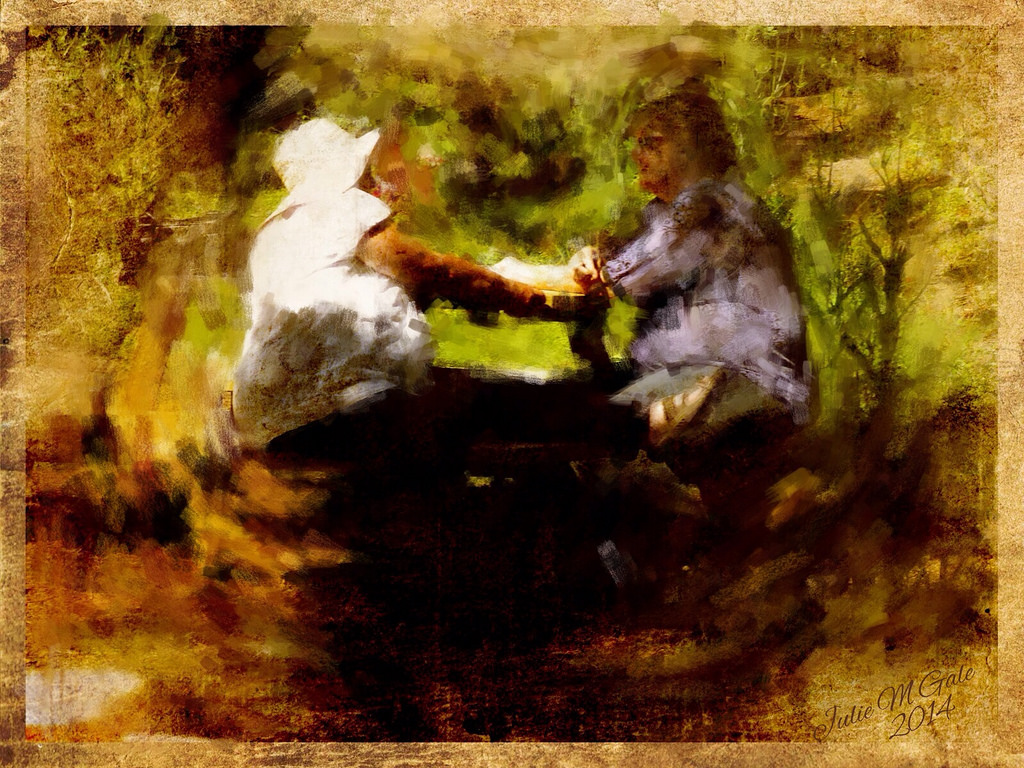Americans adore the self-made millionaire, the Lone Ranger, the person who does everything by him- or herself. We value autonomy, celebrate unlimited choice, and are deeply individualistic.
And while freedom is doubtless a great blessing, we often forget that we humans evolved as social beings. Our sense of self is, in truth, very much defined by our relationship to other people. Indeed, David Brooks recently wrote about how crucial it is for us to embrace only autonomy but (as he says) covenants with other people. As he describes it,
The liberation of the individual was supposed to lead to mass empowerment. But it turns out that people can effectively pursue their goals only when they know who they are — when they have firm identities.
Strong identities can come only when people are embedded in a rich social fabric. They can come only when we have defined social roles — father, plumber, Little League coach. They can come only when we are seen and admired by our neighbors and loved ones in a certain way. As Ralph Waldo Emerson put it, “Other men are lenses through which we read our own minds.”
You take away a rich social fabric and what you are left with is people who are uncertain about who they really are. It’s hard to live daringly when your very foundation is fluid and at risk…In a globalizing, diversifying world, how do we preserve individual freedom while strengthening social solidarity?
We often forget that the question of “who am I?” is not a fixed one — it’s a contextual one, dependent on what our role is with other people. And while we do need “firm identities” in the limited roles we play, we also need to be fluid enough to shift from one role to the next. It’s not our personality traits but what we bring to the world that defines “who we are.”
Indeed, we evolved to be able to take on different “subselves” based on the task at hand, and all of these “subselves” involve others in one way or another. As neuroscientist Douglas Kenrick writes in his book Sex, Murder and the Meaning of Life, we have:
…the team player (concerned with the goal of making friends), the go-getter (concerned with getting ahead), the night watchman (concerned with protecting us from the bad guys), the compulsive (concerned with protecting us from disease), the swinging single (concerned with finding mates), the good spouse (concerned with the very different problem of keeping those mates), and the parent (concerned with taking care of our kin, especially any children we might have). (Kenrick, x-xi)
So the more we can realize that “we contain multitudes,” the more easily we can embrace our individuality by embracing the way our relationships define our identities. Or, as Brad Hirschfield reminds us, “[W]here you are is not simply about who you are, or who you think you are, or who people think you should be. Where you are actually depends on your relationship with other people, places, and things.” (Text Messages, 17)
So “who are you”? Think about how you relate to other people…and then ask them.

Rabbi Geoffrey A. Mitelman is the Founding Director of Sinai and Synapses, an organization that bridges the scientific and religious worlds and is being incubated at Clal – The National Jewish Center for Learning and Leadership. He was ordained by the Hebrew Union College-Jewish Institute of Religion and served as Assistant and then Associate Rabbi of Temple Beth El of Northern Westchester. In addition to My Jewish Learning, he’s written for The Huffington Post, Science and Religion Today, and WordPress.com. He lives in Westchester with his wife, Heather Stoltz, a fiber artist, and their daughter and son.

